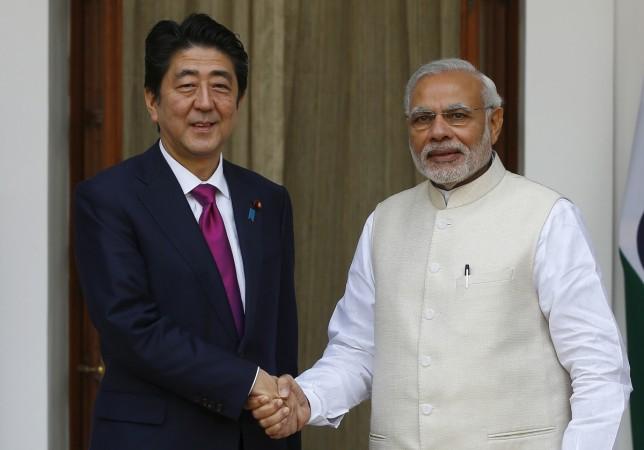
Prime Minister Narendra Modi and his Japanese counterpart Shinzo Abe's bilateral statement that will be released on Friday will have "robust" reference to terrorism, according to media reports. The main focus of the meet will be the civil nuclear deal.
"Reached Japan. Looking forward to fruitful deliberations that will boost economic and cultural ties between India and Japan," Modi tweeted after arriving at Haneda Airport in Tokyo on Thursday.
A Japanese official told the Indian Express that terrorism wasn't on Japan's radar until seven Japanese people, including a pregnant woman, died during the Dhaka Holey Artisan Bakery attack.
"This made the common people and the government in Japan much more sensitive to the menace of terrorism, which was so far a sort of remote concept," the official said.
The bilateral statement will mention terror attacks, but Japan is unwilling to mention Uri and Pathankot attacks explicitly, an Indian official said. However, officials said that the India-Japan statement could have mentions of terrorism in the "strongest language."
India and Japan will be signing as many as 10 deals, including the civil nuclear deal. Japan will also ask India to reiterate its unilateral moratorium commitment.
"The nuclear deal will be the biggest thing during the visit. Although there will be some protests because India has not signed the NPT, I have been saying that the NPT has a lot of contradictions... If we stick to it, we will be isolated. And without Japan's consent, US and France will not be able to engage in nuclear commerce with India. Why should Japan block that," said Takako Hirose, professor at Senshu University.

















